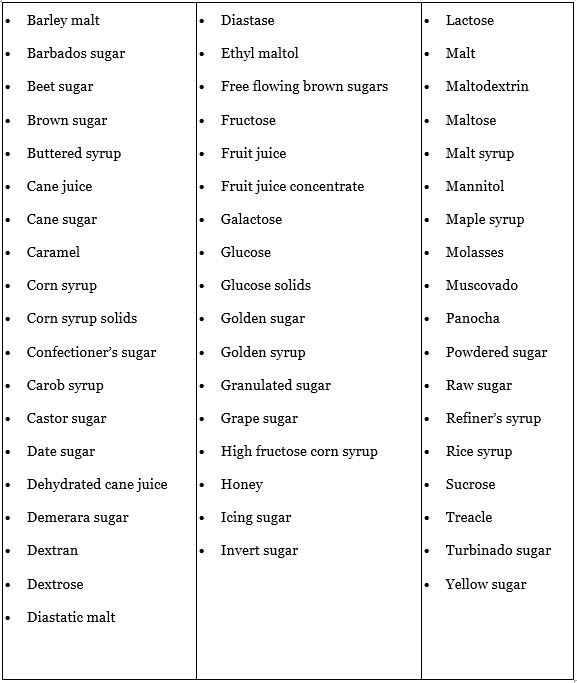
Sugar is a highly sought after as it pleases our taste buds and is it’s also very easy to get addicted to the sweet taste. However, many of you might already know that sugar is very detrimental to our health. It increases the risk of obesity, diabetes and heart disease, which is the leading cause of death. In addition, sugar affects the functioning of the immune system, accelerates aging, and causes chromium deficiency. In addition, sugar presents a risk for our bone health (read more here).
However, if you want to satisfy your sweet tooth, do it without those risks to your health. If you reach for naturally occurring sugars, through eating fruits and vegetables, grains, and dairy, you will be supporting healthy digestion and your health. In addition, those foods contain high amounts of fiber, essential minerals, and antioxidants on the top of naturally occurring sugars.
Natural sugars react in our bodies differently and actually bring us many health benefits. As those are digested slowly, the sugar in them offers a steady supply of energy to your cells, without dangerous sugar spikes. Diet rich in fruits, vegetables, and whole grains has proven to actually reduce the risk of chronic diseases, such as diabetes, heart disease, and some cancers.

I hope you can now see the importance of distinguishing between added sugar and sugar that naturally occurs in foods. However, even if you read labels and try to avoid or minimize the amount of sugar in your food, this can be a hard task. Sugars became part of many foods and food labeling became tricky as well.
Many sugars hide under names that you may not be able to recognize as sugar. Even though your best bet would be to stick to naturally occurring sugars and leaving processed foods out of your diet, you can also benefit from the list of common names for sugar that you should put on be aware of:


